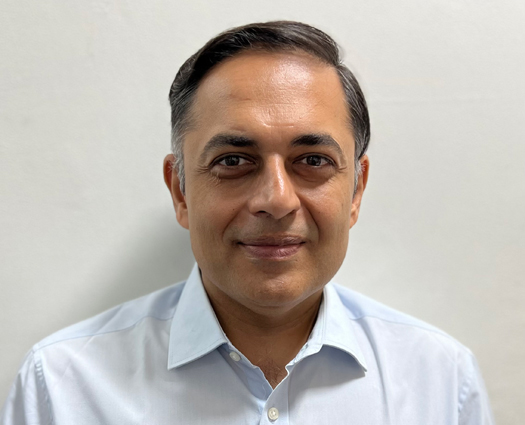
Please wait...

Please wait...
Bariatric surgery, also known as weight-loss surgery or metabolic surgery, involves making changes to your stomach and digestive system to help you lose weight. It's usually done when diet and exercise haven't worked, or when your weight is causing serious health issues.
There are different types of weight-loss procedures. Some make you eat less, while others reduce your body's ability to absorb fat and calories.
Different weight-loss surgeries have their pros and cons, so chat with your doctor about them. Here's a peek at common types:
Roux-en-Y Gastric Bypass:
A popular method that makes your stomach smaller and reduces food absorption. It's not reversible and involves cutting the stomach, creating a walnut-sized pouch that holds only a small amount of food. The small intestine is then connected to this pouch, bypassing most of the stomach.
Sleeve Gastrectomy:
Removes about 80% of the stomach, leaving a smaller pouch. This reduces food intake and the hunger hormone ghrelin. Benefits include significant weight loss and no need to reroute intestines, resulting in a shorter hospital stay.
Biliopancreatic Diversion with Duodenal Switch (BPD/DS):
A two-part surgery done in one go. First, a sleeve gastrectomy is performed. In the second step, the surgeon closes off a middle section of the intestine and connects the last part directly to the first part, called the duodenum. This process, known as the duodenal switch, allows digestive juices to flow better, known as the biliopancreatic diversion. It's a bit complex but can be effective.
Bariatric surgery is done to help you lose extra weight and reduce your risk of possibly life-threatening weight-related health problems, including:
 Certain cancers, including breast, endometrial and prostate cancer.
Certain cancers, including breast, endometrial and prostate cancer. Heart disease and stroke.
Heart disease and stroke. High blood pressure.
High blood pressure. High cholesterol levels.
High cholesterol levels. Non-alcoholic fatty liver disease (NAFLD) or non-alcoholic steatohepatitis (NASH).
Non-alcoholic fatty liver disease (NAFLD) or non-alcoholic steatohepatitis (NASH). Sleep apnoea.
Sleep apnoea. Type 2 diabetes.
Type 2 diabetes. Bariatric surgery is often done only after you've tried to lose weight by improving your diet and exercise habits.
Bariatric surgery is often done only after you've tried to lose weight by improving your diet and exercise habits.Bariatric surgery might be an option for you if:

Bariatric surgery happens in the hospital under general anaesthesia, meaning you're asleep during the procedure.
Most bariatric surgeries today are done laparoscopically, using a small tube with a camera. This tube goes through small cuts in the belly, letting the surgeon see and work inside the abdomen without big cuts. This speeds up the recovery, and shortens the hospital stay.
The surgery typically takes a few hours.
The primary goal of Bariatric surgery at Sushrut Hospital is to help individuals achieve significant and sustainable weight loss, improving overall health and quality of life.
Sushrut Hospital offers a range of Bariatric procedures, including gastric bypass, gastric sleeve, and adjustable gastric banding. Each surgery is tailored to meet the unique needs of the patient.
Sushrut Hospital boasts a team of highly skilled and experienced Bariatric surgeons who prioritize patient safety and well-being. Our comprehensive approach includes pre-surgery counselling, state-of-the-art facilities, and post-surgery support.
The recovery period varies based on the specific surgery performed. Our medical team provides detailed post-surgery instructions, and patients typically return to normal activities within a few weeks.
Sushrut Hospital provides ongoing support through nutritional counselling, lifestyle guidance, and follow-up appointments to ensure patients successfully adapt to their post-surgery journey.
While Bariatric surgery is generally safe, all surgical procedures carry some risks. Our surgeons discuss potential complications during the consultation to ensure patients are well-informed.
Our administrative team is dedicated to helping patients navigate the insurance process. We provide assistance in determining coverage and guide patients through the necessary steps.
To schedule a consultation, you can reach out to Sushrut Hospital through our website or contact our helpline directly. Our team will assist you in setting up an appointment and addressing any initial inquiries.
Like any surgical procedure, Bariatric surgery too involves potential outcomes such as bleeding, infection, reactions to anesthesia, blood clot risks, breathing issues, gastrointestinal leaks, and, in rare cases, loss of life. It's essential to be aware of these possibilities while you plan for a healthier future.

OPD DAYS :
| Day | Timing |
|---|---|
| Monday to Saturday | 10:00 to 11:00 |
| Monday to Friday | 18:00 to 19:00 |